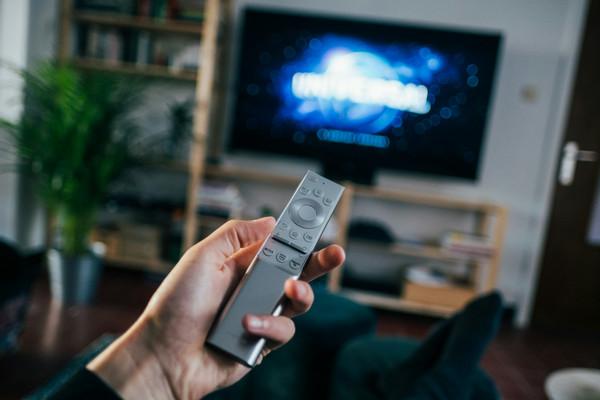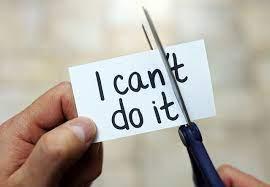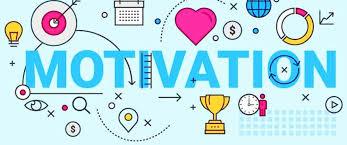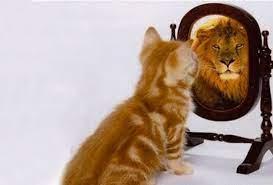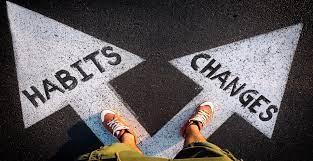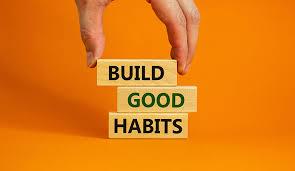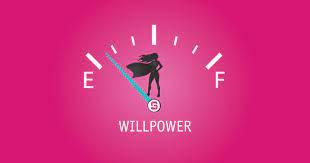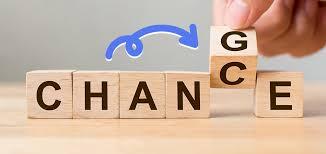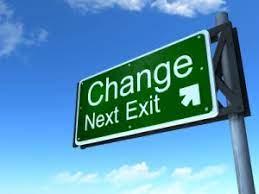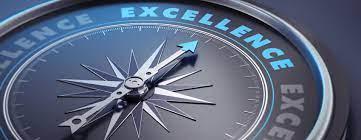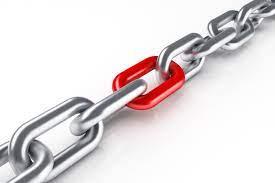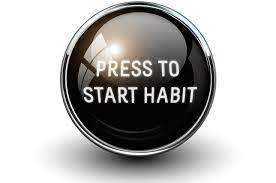To break unhealthy habits, stop obsessing over willpower – two behavioral scientists explain why routines matter more than conscious choices
Curated from: theconversation.com
Ideas, facts & insights covering these topics:
13 ideas
·14.7K reads
41
1
Explore the World's Best Ideas
Join today and uncover 100+ curated journeys from 50+ topics. Unlock access to our mobile app with extensive features.
To break unhealthy habits, stop obsessing over willpower
People often repeat everyday behaviors out of habit. If you regularly drink coffee, you likely do so automatically as part of your habitual routine – not just out of tiredness.
It’s unsatisfying to say that we do something out of habit just because it’s what we’re used to doing. Instead, we concoct more compelling explanations, like saying we drink coffee to ease our morning fog.
This reluctance means that we fail to recognize many habits, even as they permeate our daily lives.
Habits are formed in specific environments that provide a cue, or trigger, for the behavior.
73
1.49K reads
Unpacking what lies behind habits
A survey was conducted: coffee drinkers were asked what they think drives their coffee consumption. They estimated that tiredness was about twice as important as habit in driving them to drink coffee. Their coffee drinking and fatigue were tracked over the course of one week.
61
1.37K reads
Survey Results
The actual results starkly diverged from participants’ explanations. Yes, they were somewhat more likely to drink coffee when tired – as would be expected – but it was found that habit was an equally strong influence. People overestimated the role of tiredness and underestimated the role of habit. Habits, it seems, aren’t considered much of an explanation.
64
1.21K reads
Reality Verses Perception
The gap between the actual and perceived role of habit in our lives matters. And this gap is key to understanding why people often struggle to change repeated behaviors. If you believe that you drink coffee because you are tired, then you might try to reduce coffee drinking by going to bed early. But ultimately you’d be barking up the wrong tree – your habit would still be there in the morning.
62
1.16K reads
Why habits are surprisingly difficult to change
The reason that habits can be so difficult to overcome is that they are not fully under our control. Of course, most of us can control a single instance of a habit, such as by refusing a cup of coffee this time or taking the time to offer directions to a lost tourist. We exert willpower and just push through. But consistently reining in a habit is fiendishly difficult.
63
1.1K reads
Changing Habits
We make a similar error when we try to control unwanted habits and form new, desirable ones. Most of us can achieve this in the short run – think about your enthusiasm when starting a new diet or workout regimen. But we inevitably get distracted, tired or just plain busy. When that happens, your old habit is still there to guide your behavior, and you end up back where you started. And if you fail to recognize the role of habit, then you’ll keep overlooking better strategies that effectively target habits.
69
1.05K reads
The flip side is also true
We don’t recognize the benefits of our good habits. One study found that on days when people strongly intended to exercise, those with weak and strong exercise habits got similar amounts of physical activity. On days when intentions were weaker, however, those with strong habits were more active. Thus, strong habits keep behavior on track even as intentions ebb and flow.
70
1.02K reads
It’s not just willpower
Research shows that, surprisingly, people who are more successful at achieving long-term goals exert – if anything – less willpower in their day-to-day lives. This makes sense: Over time, willpower fades and habits prevail.
75
1.05K reads
If the answer isn’t willpower, then what is the key to controlling habits?
Changing habits begins with the environments that support them. Research shows that leveraging the cues that trigger habits in the first place can be incredibly effective. For example, reducing the visibility of cigarette packs in stores has curbed cigarette purchases.
77
1.03K reads
Another path to habit change involves friction
Making it difficult to act on undesirable habits and easy to act on desirable ones. For example, one study found that recycling increased after recycle bins were placed right next to trash cans – which people were already using – versus just 12 feet away.
Effectively changing behavior starts with recognizing that a great deal of behavior is habitual. Habits keep us repeating unwanted behaviors but also desirable ones.
71
946 reads
Habit Quote #1
“We are what we repeatedly do. Excellence, then, is not an act, but a habit.”
-Will Durant
101
1.06K reads
Habit Quote #2
“Chains of habit are too light to be felt until they are too heavy to be broken.”
-Samuel Johnson
87
1.08K reads
Habit Quote #3
“Motivation is what gets you started. Habit is what keeps you going.”
-Jim Ryun
98
1.1K reads
IDEAS CURATED BY
CURATOR'S NOTE
To Break Unhealthy Habit, Stop Obsessing Over Willpower
“
Tom Joad's ideas are part of this journey:
Learn more about habits with this collection
How to strengthen your willpower
How to overcome temptation and distractions
The role of motivation in willpower
Related collections
Similar ideas
7 ideas
7 ideas
Is Coffee Good for You?
nytimes.com
6 ideas
The Culture of Coffee Drinkers
blogs.scientificamerican.com
Read & Learn
20x Faster
without
deepstash
with
deepstash
with
deepstash
Personalized microlearning
—
100+ Learning Journeys
—
Access to 200,000+ ideas
—
Access to the mobile app
—
Unlimited idea saving
—
—
Unlimited history
—
—
Unlimited listening to ideas
—
—
Downloading & offline access
—
—
Supercharge your mind with one idea per day
Enter your email and spend 1 minute every day to learn something new.
I agree to receive email updates
